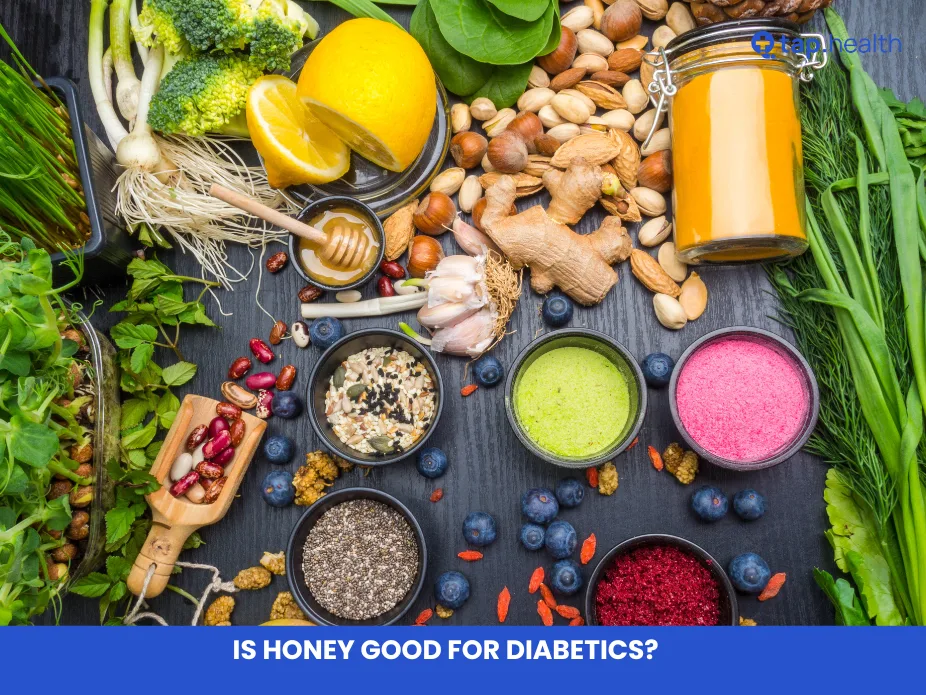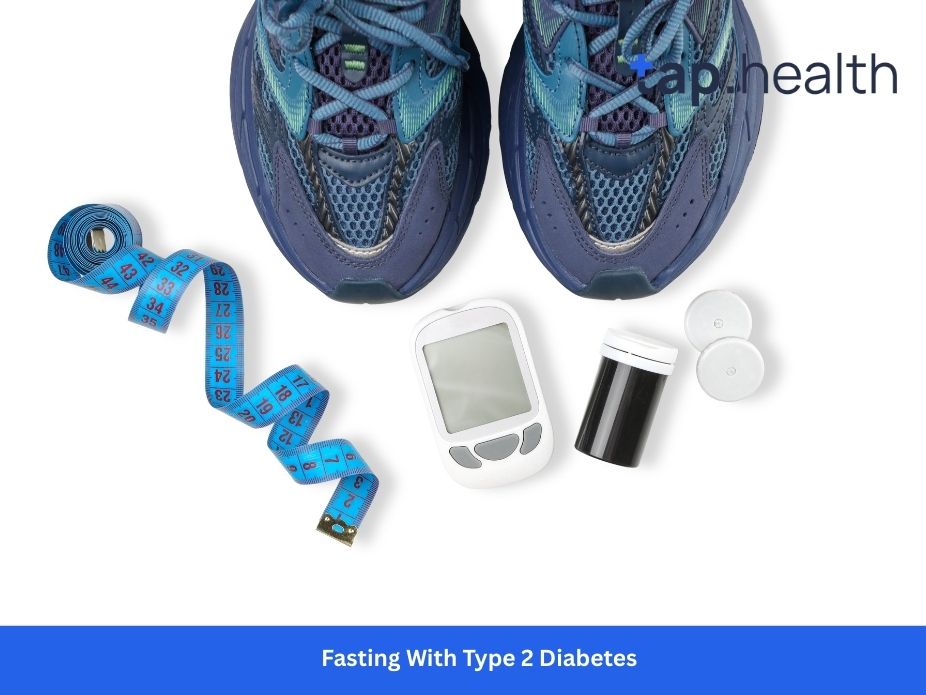Is Honey Good for Diabetics? The Sweet Truth Revealed
Managing diabetes revolves around keeping blood sugar levels stable. Many people with diabetes wonder: is honey safe or beneficial? Here’s a clear, updated guide on honey and diabetes, including glycemic impact, health benefits, risks, and practical ways to use it safely.
Understanding Honey Composition and Diabetes
Honey is a natural sweetener made by bees from flower nectar. Its main components are:
- Fructose (about 40%) and glucose (about 30%)
- Small amounts of vitamins (B6, niamine, riboflavin)
- Minerals like potassium, calcium, and magnesium
- Powerful antioxidants (flavonoids and phenolic acids)
Unlike refined table sugar (sucrose), honey contains these extra micronutrients and bioactive compounds, which give it some advantages for health-conscious eaters.
Honey Glycemic Index: How Fast Does It Raise Blood Sugar?
The glycemic index (GI) shows how quickly a food increases blood glucose. Lower GI is better for diabetes management.
- Pure honey GI range: 45–64 (average around 55)
- Table sugar GI: 65
- High-fructose corn syrup GI: 73
Raw, unprocessed honey usually has a lower GI than processed varieties. Fructose-dominant honeys (like acacia or tupelo) tend to have even lower GI values. Still, honey raises blood sugar—only slower than white sugar.
Proven Benefits of Honey for People with Diabetes
- Strong Antioxidant Support Diabetes increases oxidative stress and inflammation. Honey’s polyphenols help reduce this damage and may improve insulin sensitivity over time.
- Better Wound Healing Clinical studies show medical-grade honey (like Manuka) speeds healing of diabetic foot ulcers thanks to its antibacterial and anti-inflammatory properties.
- Slightly Lower Glycemic Impact When used in very small amounts, honey causes a milder blood glucose spike than refined sugar.
- Richer Nutrient Profile Provides trace minerals and prebiotic oligosaccharides that support gut health—important because gut health affects blood sugar regulation.
Risks and Downsides of Honey in Diabetes
- Still a concentrated sugar source (≈17 g carbs per tablespoon)
- Overuse can cause dangerous blood glucose spikes
- Many commercial honeys are adulterated with high-fructose corn syrup
- Fructose-heavy intake long-term may worsen insulin resistance in some individuals
- Calorie count similar to sugar (64 kcal vs 49 kcal per tablespoon)
Safe Guidelines: How Diabetics Can Use Honey
- Always consult your doctor or dietitian first
- Test your personal response—check blood sugar 1–2 hours after eating honey
- Choose raw, unfiltered, single-origin honey (Manuka, acacia, or local raw honey)
- Limit to 1 teaspoon (5–7 g) per day maximum
- Pair with fiber, protein, or fat (e.g., on almond butter toast, in Greek yogurt, or with nuts) to blunt the glucose spike
- Count it in your daily carb allowance
- Avoid in tea/coffee if you already use other sweeteners that day
Can Diabetics Include Honey in Their Diet Without Risk?
Yes—but only in strict moderation with proper monitoring. One teaspoon of high-quality raw honey occasionally is unlikely to harm most well-controlled diabetics and may even offer antioxidant benefits. However, it is not a “diabetes superfood” and cannot replace medication or a low-GI eating plan.
For personalized advice tailored to your HbA1c, medication, and lifestyle, visit TapHealth Diabetes Management Program today.



